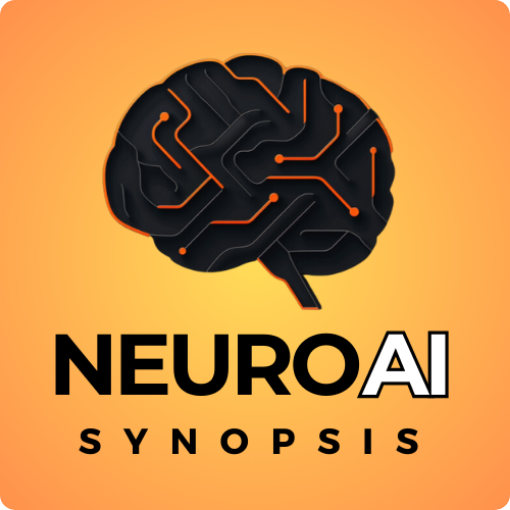AI and Neuroplasticity: Enhancing Brain Flexibility Through Technology
Explore how AI enhances neuroplasticity, improving brain flexibility and cognitive function. Learn about innovative AI-driven techniques, real-world applications, and future research in cognitive neuroscience and mental health.
Artificial Intelligence (AI) is revolutionizing neuroplasticity, enhancing brain flexibility and cognitive function. This post delves into how AI-driven techniques improve neuroplasticity, exploring their applications in cognitive rehabilitation and mental health. By examining real-world examples and future research directions, we highlight the transformative potential of AI in understanding and enhancing neuroplasticity. Discover how AI is unlocking new possibilities for brain health and cognitive development.
Artificial Intelligence (AI) is transforming the understanding and enhancement of neuroplasticity, the brain's ability to reorganize itself by forming new neural connections. This post explores the advancements in AI-driven neuroplasticity techniques, highlighting their impact on brain flexibility, cognitive function, and mental health.
Neuroplasticity is the brain's remarkable ability to adapt and change throughout life, enabling learning, memory formation, and recovery from brain injuries. AI enhances this process by analyzing vast amounts of neural data, identifying patterns, and predicting outcomes. AI-driven techniques facilitate targeted interventions that promote neuroplasticity, leading to improved cognitive function and brain health.
In cognitive rehabilitation, AI-driven neuroplasticity techniques aid recovery from stroke, traumatic brain injury, and other neurological conditions. AI algorithms analyze brain activity to identify areas requiring intervention, guiding personalized rehabilitation programs. These programs adapt to the patient's progress, providing real-time feedback and optimizing recovery.
AI also plays a crucial role in mental health by enhancing neuroplasticity to alleviate symptoms of anxiety, depression, and other disorders. AI-driven interventions, such as neurofeedback and brain stimulation, help rewire neural pathways associated with these conditions, promoting mental well-being. Personalized mental health treatments based on AI analysis offer effective and targeted therapy options.
Despite its potential, AI-driven neuroplasticity faces challenges, including data privacy, algorithmic bias, and the need for large, diverse datasets. Ensuring ethical use and transparency in AI applications is crucial for building trust and achieving positive outcomes. Addressing these challenges requires collaboration among researchers, clinicians, and policymakers.
Future research in AI-driven neuroplasticity focuses on developing more sophisticated algorithms to enhance accuracy and efficacy. Integrating AI with emerging technologies, such as virtual reality and wearable devices, offers new possibilities for promoting neuroplasticity. Additionally, exploring the genetic and molecular mechanisms underlying neuroplasticity can provide deeper insights and inform AI-driven interventions.
AI-driven neuroplasticity is revolutionizing cognitive neuroscience and mental health by enhancing brain flexibility and function. These advancements offer new opportunities for cognitive rehabilitation and personalized mental health treatments. Future research should focus on improving AI algorithms, ensuring ethical use, and exploring innovative applications to fully harness the potential of AI in enhancing neuroplasticity.
Please log in to read the full post and explore these exciting developments in detail.

